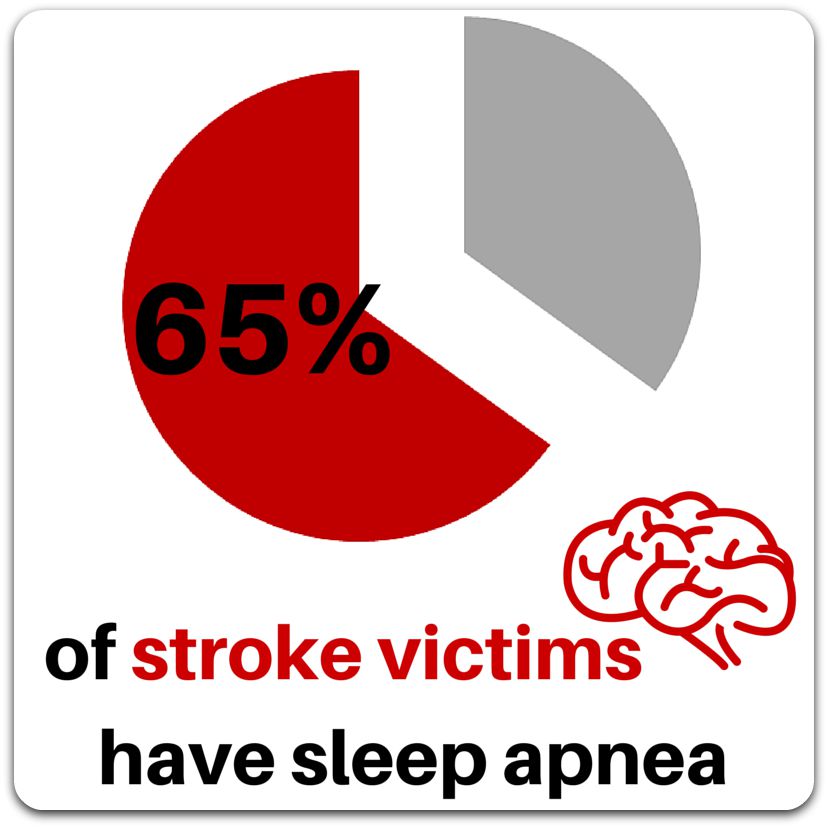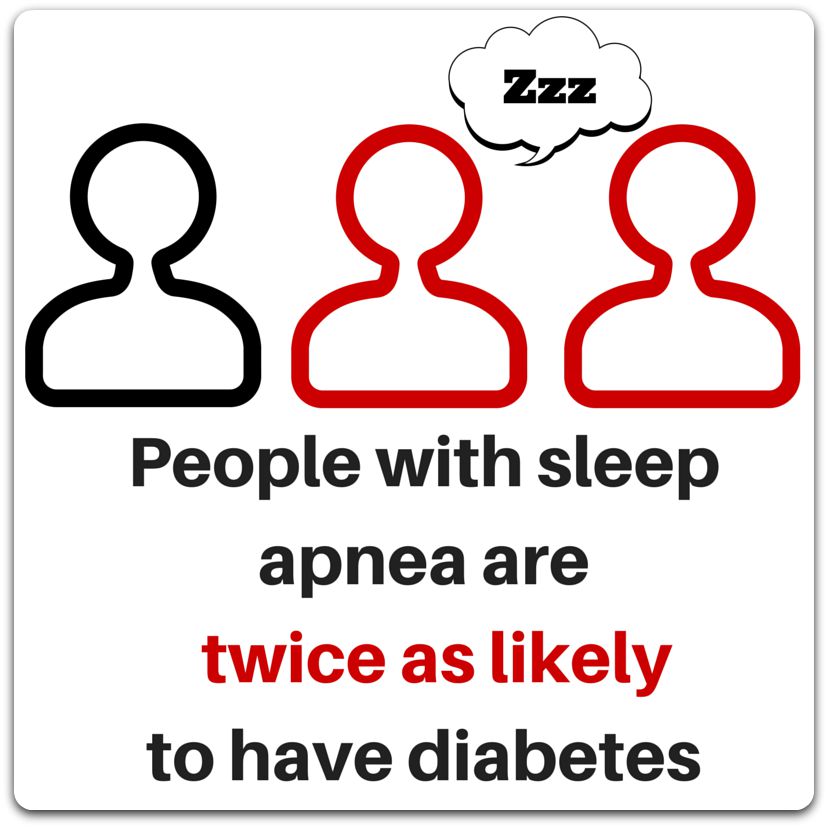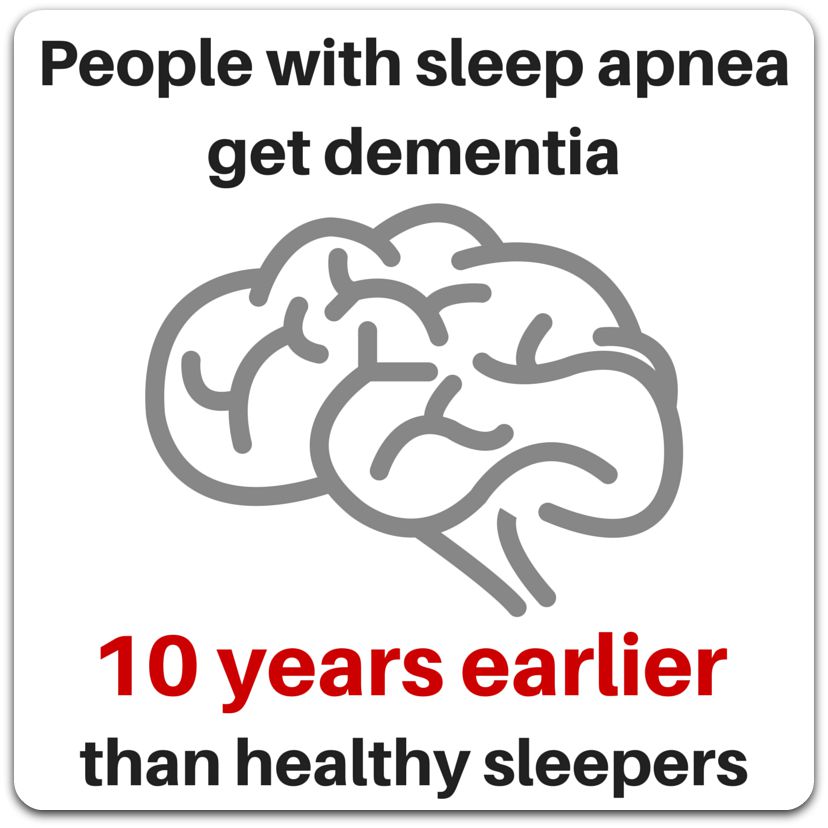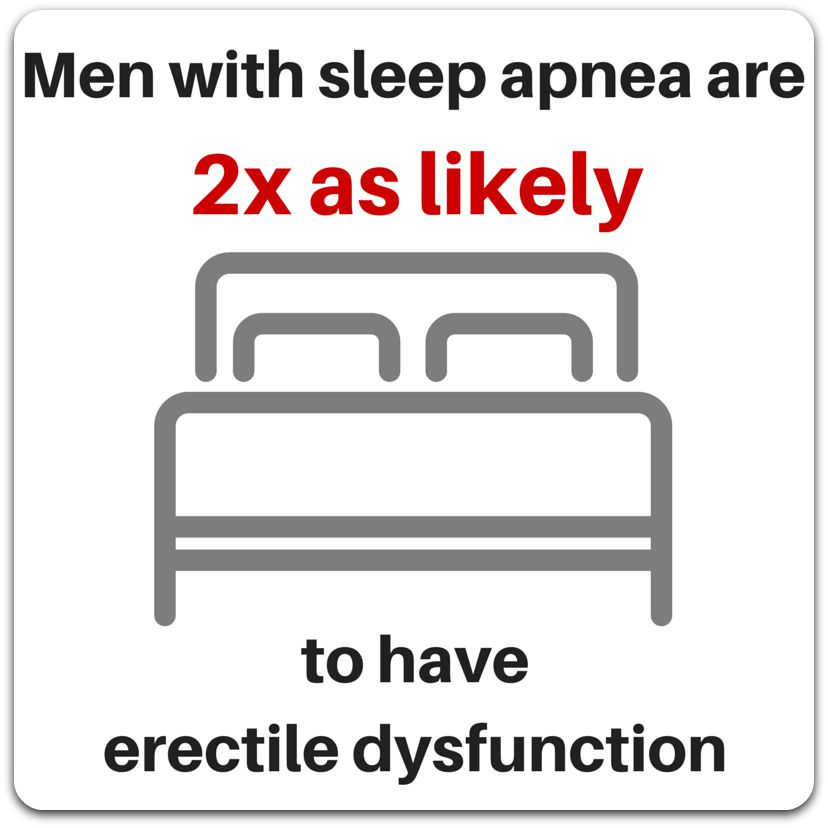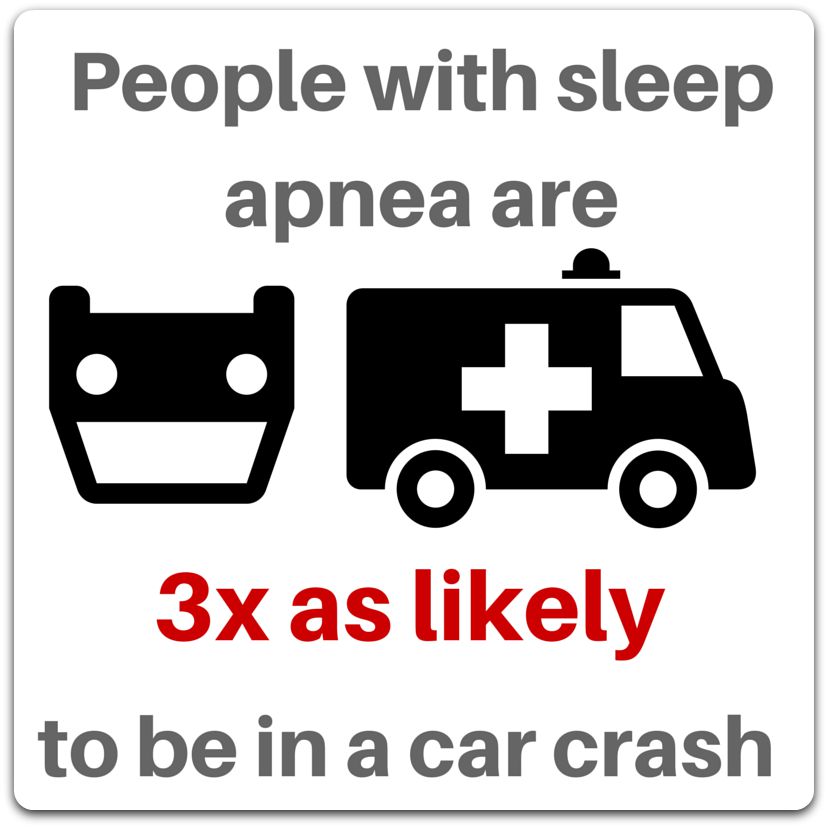- Home
- Services
- Locations
- All Locations
- Bakersfield
- Century City
- Encino - Balboa Blvd.
- Encino - Ventura Blvd.
- Garden Grove
- Glendale
- Hemet
- Indio/La Quinta
- Laguna Hills
- Lancaster
- Los Alamitos
- Mira Mesa
- Oceanside
- Palm Springs
- Pasadena
- Redlands
- Riverside
- San Diego- Kearny Mesa
- Thousand Oaks
- Torrance
- West Covina 1250
- West Covina 1135
- West Los Angeles
- Education
- About
- Resources
- Blog



